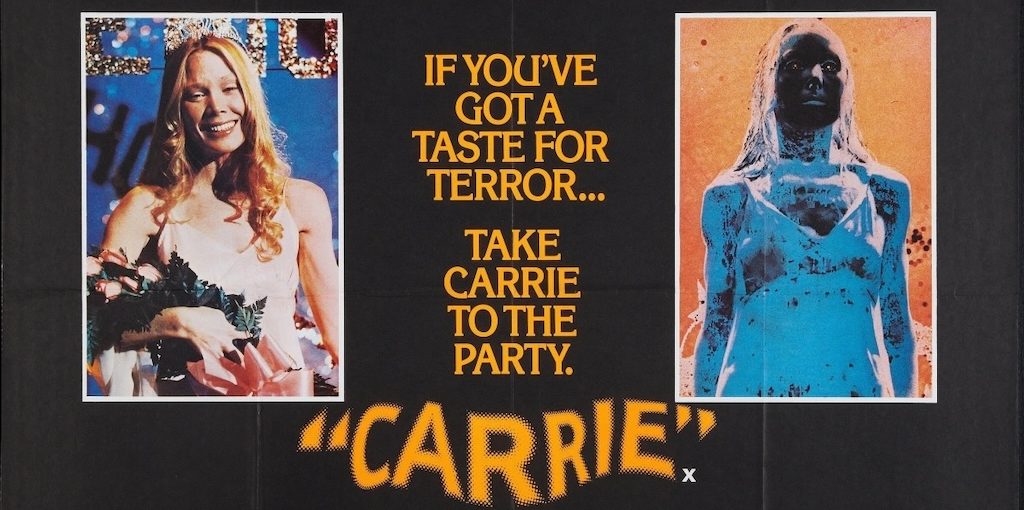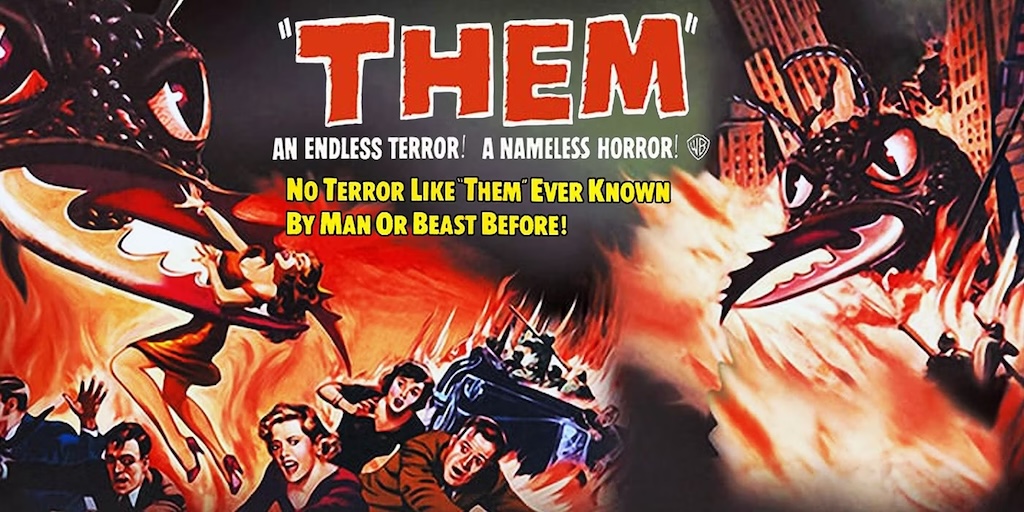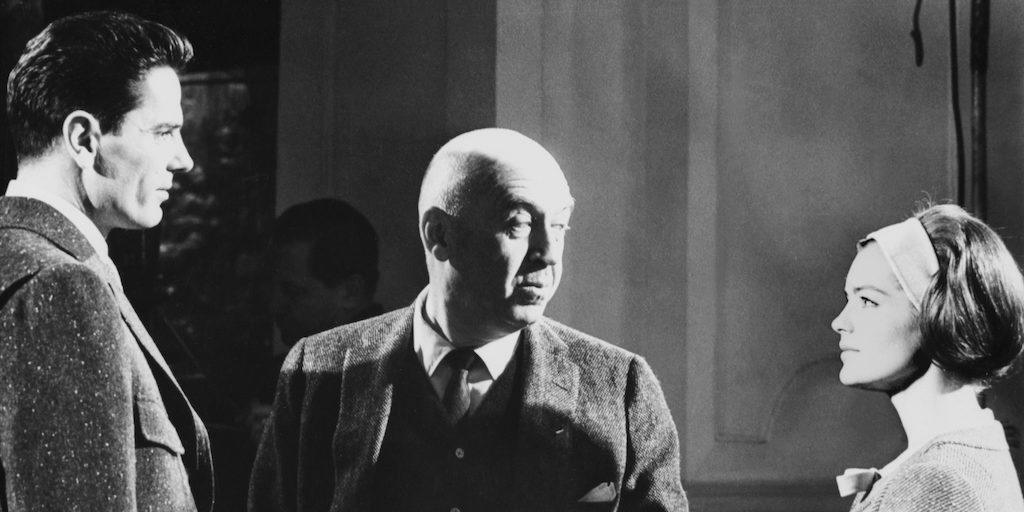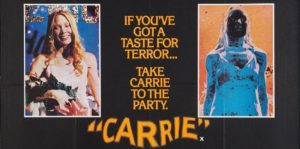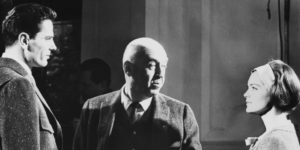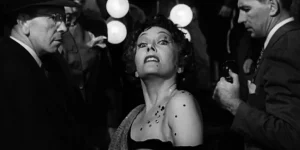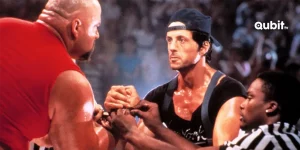On the first episode of The Last of Us
Since the 90’s film adaptations of videogames are being produced on a regular basis. Every transposition of a famous game was surrounded of a controversy regarding its fidelity, ever since Super Mario Bros., Double Dragon and Street Fighter (Mortal Kombat adaptations, on the other hand, had better luck). Complains were (and still are), give or take, about the same: that the movie does not respect the original’s narrative universe, that it takes liberties with the characters’ development, that omits fundamental things or introduces detours. Fidelity, respect, liberties and detours: this rhetoric of preservation and repetition of the same things is no different than with readers angry with the screen adaptation of a novel. Many have spoken about this, even among them the semiologist Oscar Steimberg: the reader expects to see on the screen a symmetrical replica of what he read on the page. Any difference or change made by the film frustrates and lets the reader down who expects to barely find a repetition in images and sounds of what he imagined when he was turning the pages. From there lies that principle assuring that the book will always be better than the film. In the end, it does not matter that videogames have been around less time than the print, it turns out that the gamer can be as conservative as the reader. At the same time, the reader (of this article) will apologize this ramble, since what we are talking about is of the series premiere of The Last of Us on HBO, of which is being said, rather uproariously, to be the best adaptation of a videogame ever made.
I play videogames, but I have not played any of The Last of Us entries; the games hailing from Naughty Dog studios are exclusive to PlayStation, and only recently the first entry will be available for PC. Therefore, this last week I followed, quite stunned, the arguments about the series’ “fidelity” to the original (we will use quotes from now on when speaking about “fidelity” to remind ourselves that it is a retrograde concept that understands art barely as a narrative bureaucracy, a chore where forms and languages do not matter, as if the written word were the same as the images and sounds of a film or the playful interaction offered by a videogame). This distance keeps me safe from demanding the series any credentials of loyalty to the game, something to which I always restrain anyway. As I was saying, I was following the comparisons spilled over social networks by critics and fans alike: a character was similar, the other was not, the narrative climate was OK, the city more or less, etc. The audience, gamer or not, will do good in renounce to this crazed scrutiny of equivalences, less proper to the pleasures of art and more fitting to making the inventory of a warehouse.
Just like in the game, the series follows a large tradition of cinema about zombies, catastrophes and life after the end of civilization. The narrative universe communicates its conventions right away: there is a pandemic, deployed military forces, the social bonds disappear and the protagonist is set forth on an uncertain getaway. It is convenient to avoid precisions about the first half and go straight to the second, where Joel (Pedro Pascal), a former construction worker, survives on what is left of Boston, a city-fortress lifted against the wave of the infected and run by military forces. The dystopia crosses over with film noir: Joel and his girlfriend, Tess (Anna Torv), negotiate with soldiers and local gangsters, keep contact with the outside and elude the Fireflies, a guerrilla group that seeks the downfall of the government and who has Tommy, Joel’s brother, among its ranks. In world that crumbles down only the strong or the smart survive, those who can reduce their affective economy to the bare minimum and concentrate in the perpetuation of a precarious material security. A bit like Philip Marlowe or Sam Spade, but with rations and zombies. The scene where Tess is introduced, as a matter of fact, starts as one of those brutal interrogations to which Noir gumshoes are usually submitted to: beaten, surrounded by two thugs, Tess tries to convince the boss who runs the place to let her go, that she is going to forget about the scam she was a victim of (a stolen battery), that all she wants is to go home, get drunk and put some ice on her bruises.
Joel and Tess wander around this universe in ruins, without any project other than secure their survival for a little time longer, by way of fists or gunfire, until they come upon Ellie (Bella Ramsey), a girl prisoner holding a secret that makes her the world’s most valuable asset. The Fireflies entrust the couple with taking her to a base of theirs in the outskirts in exchange for a reward, an offer the duo accepts.
The famous, presumed “fidelity”, to which reviews and commentaries refer to, is due, it seems, to several things, but above all to the presence in the writing staff of Neil Druckman, writer and co-founder of Naughty Dog studios, creator of the two videogame entries of The Last of Us and made his first forays in the medium with the Uncharted saga. But let us avoid these inquiries that can only interest the bureaucracy of similarities. The series is not addressing to an audience knowledgeable of the games, it does not have (openly, at least) hints thrown towards ultra-informed gamers, but it is addressed to a wide audience, rather initiated in the minutiae of the genres above mentioned. It is there, in that common ground, where the series rapidly shows its muscle. Joel’s life, both in the past and the dystopian present, is narrated with a rather infrequent attention to detail: the narrative is not rushed, it does not run, it takes the necessary time to construct everything, from the volatile and rough mood of the protagonist up to his relationship with others and his frail system of beliefs. The beginning of the disaster, the opening outbreak, is told with calm and precision, without ever looking for the cheap scare or the visual blow, the series aims for an elaboration of mood and to work with danger. Still in the past, the threat escalates, but the series does not lose at any moment its protagonists from sight: unlike zombie cinema, George Romero’s films in particular, Druckman does not want his characters to be stick figures willing to be sacrificial lambs of an idea (consumerism, culture homogenization, etc.) but creatures with depth than can engage empathy and interest in the audience. This almost classical character development is the glue that holds together the catastrophe genre with the intensified intimacy of film noir.
We do not know for sure how this will go on; I do not mean about the narrative sequence, but the ways on how it can be developed. Will the series sustain, among the total decomposition of this world, the monumental scale of its story, the attentive and fair portrayal of its characters and their relationships? It is impossible to know, but I stick by the idea, almost a principle, that at the beginning of a film, only with examining the shots, a point of view or some other micro-data, you can guess everything that will come after, if not the narration, the vision of the world and the cinema to come. And The Last of Us has a good eye, forged in classical narrative, eluding the demolition of satire camping at these stories. Maybe the success of the series might help the gamer to forget for a while their obsession in finding everywhere for what it is known, and triumph right there where the reader of novels, already identified with that summary accounting of similarities and differences, has failed a long time ago.
![]()
(Canada, United States, 2023)
Created for television by Craig Mazin. Cast: Pedro Pascal, Bella Ramsay, Gabriel Luna. Production: Cecil O’Connor, Greg Spence.


